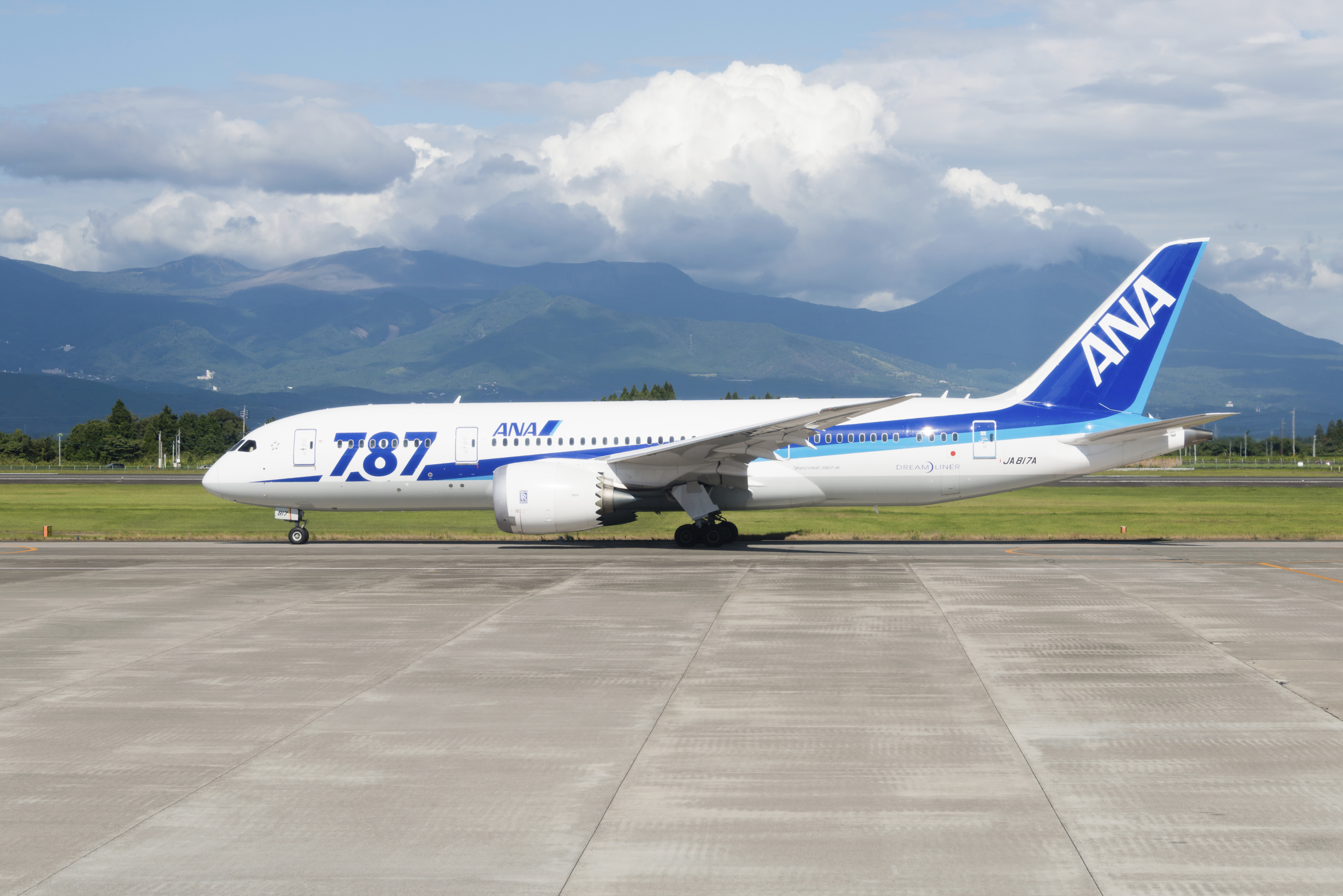The US Treasury’s licensing of aircraft sales to Iran for Boeing and Airbus last week was seen as the first green light corporates around the world had been waiting for since the lifting of nuclear sanctions last year. But the lack of information about the financing of such sales signals slow progress for the reopening of transactions with Iran.
In a statement to GTR, a US Treasury spokesperson says: “We have issued the first two licences for the export of certain commercial passenger aircraft to Iran under this new policy—to Boeing and Airbus. These licenses contain strict conditions to ensure that the planes will be used exclusively for commercial passenger use and cannot be resold or transferred to a designated entity.”
The licences were granted upon application by the two aircraft manufacturers, under the US’ licensing policy for the case-by-case licensing of individuals and entities seeking to export, re-export, sell, lease or transfer to Iran commercial passenger aircraft, and related parts and services, exclusively for commercial passenger aviation and excluding designated individuals and entities – such as Mahan Air for example.
But pressed on the “strict conditions” of the licences, and whether they include clauses on the financing of such deals, the Treasury declined to comment.
Boeing signed a US$25bn deal with Iran earlier this year, covering the sales of six next-generation 737s, 15 777-300ERs, four 747-8i airplanes, 40 737 MAX airplanes and 15 777-9X airplanes. Additionally, Boeing intends to help Iran Air find an additional 29 new 737NGs from leasing companies, bringing the total number of Boeing airplanes covered by the agreement to 109.
“Based on our memorandum of agreement (MOA) with Iran Air announced in June, we applied for a US government licence that would allow us to complete the sales anticipated in the MOA. We have received that licence and remain in talks with Iran Air based on the MOA. Any final sales agreement would have to adhere to the licence we’ve been issued,” a Boeing spokesperson tells GTR.
However, there again the request for information about the financing of these exports was unsuccessful.
While neither the US Treasury nor Boeing explained the reasons for their secrecy, the lack of transparency surrounding the funding of the billions-worth of commercial deals signed between Iran and partners around the world since the Joint Comprehensive Plan of Action (JCPOA) was finalised is commonplace.
In May 2016, GTR wrote an article on how slow the reopening of trade finance lines had been since the January Implementation Day. At the time, the country’s largest private bank – and one that had never been on the sanctions list – EN Bank, told GTR that it had re-established correspondent relations with Belgium’s KBC Bank, Germany’s EIH Bank Denmark’s Danske Bank and Austria’s Oberbank. But larger banks had yet to re-enter the country.
The question remains whether large banks – most of which have been fined by the US over Iran-linked transactions – are staying away from Iran for good, or whether they are in fact tapping what has been dubbed as the largest market opportunity since the fall of the USSR – just without talking about it.
Read more about Iran trade:
One year on, US still blocking full application of of JCPOA
Iran gets Indian support for Chabahar port development







